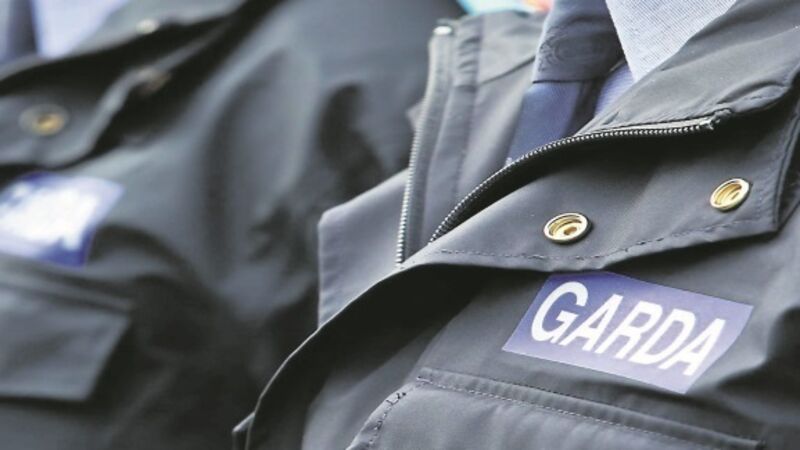Commissioner talks the talk but status quo rules

There is plenty of law to protect whistleblowers, but where’s the order?
Minister for Justice Frances Fitzgerald has said she would carefully examine the latest allegations about malpractice within An Garda Siochana.












